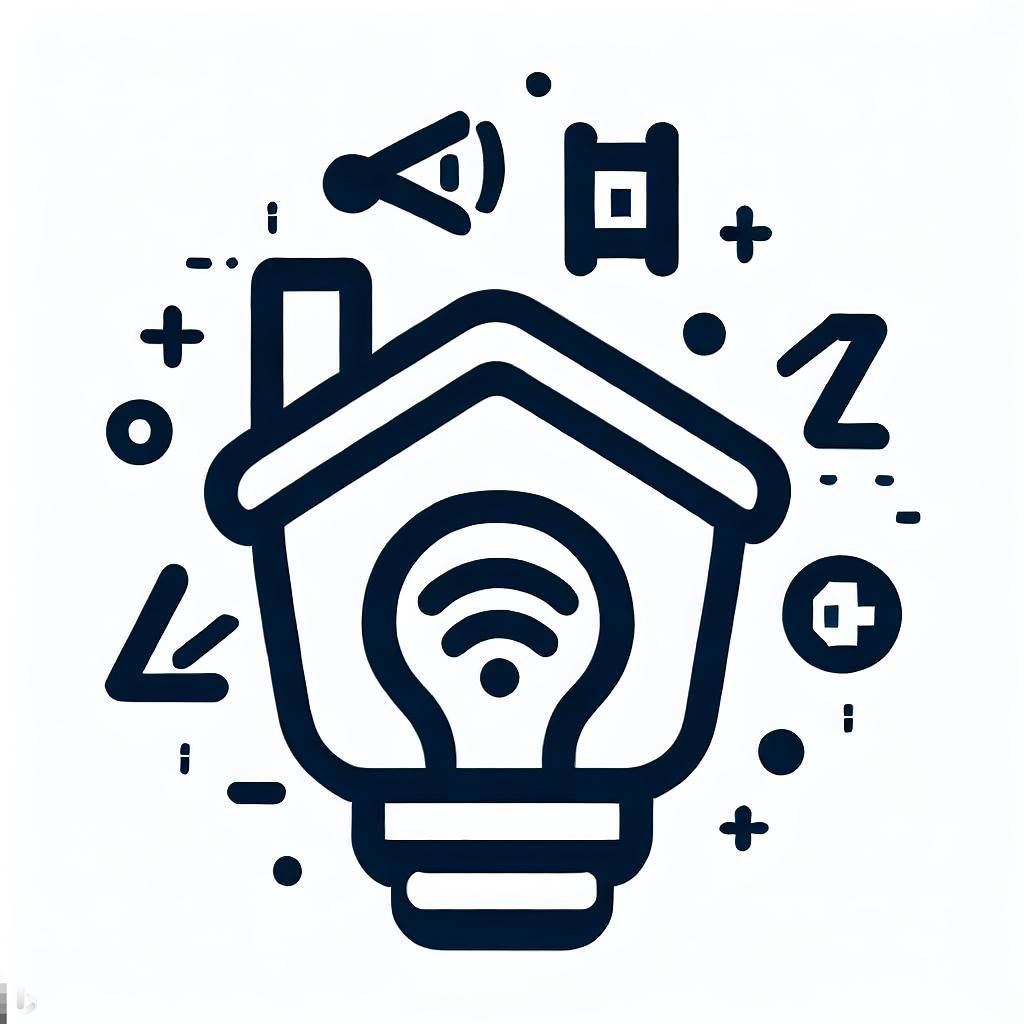What’s the advantage of the zigbees? I can get both bulbs, wifi and zigbee for ~5 bucks.
I tried reading a lot of articles/ posts. This is all confusing. Some write zigbee is better with battery because wifi lamps need to stay connected with wifi. But the zigbee lamps need to stay connected with zigbee (however they communicate. must be waves as well) as well, does it consume less power? What’s the range of these hubs? Wifi is available everywhere. Do I need multiple hubs?
I want to connect them to home assistant, so arguments like zigbee can be better automated should fall short as well, right? I already have one wifi lamp which is automated enough for my taste. What shall I more automate than turn off at x and turn on at y.
And I haven’t even read properly into zwave or matter.
Any advice would be greatly appreciated!


You’ve already been swayed, but keeping these devices off the Internet was my main reasoning too. Sometimes WiFi is your only option, of course, but when the choice is there I go Zigbee every time. Other factors to consider include:
I assume Z-wave is similar but Zigbee devices are much easier to find, at least in the UK, and - someone correct me if I’m wrong - but I believe Thread is essentially Zigbee 2.0.
Thank you! That is valuable information!
Just to add that the low power consumption is not to be underestimated when it comes to battery powered sensors. It’s not uncommon to get 1-2 years of life out of a single battery in Zigbee devices, even the ones that report their status regularly like temperature and luminance sensors.
No. It is not at all compatible. However i believe it came from the same group and uses the same radio frequencies so people do describe it that way